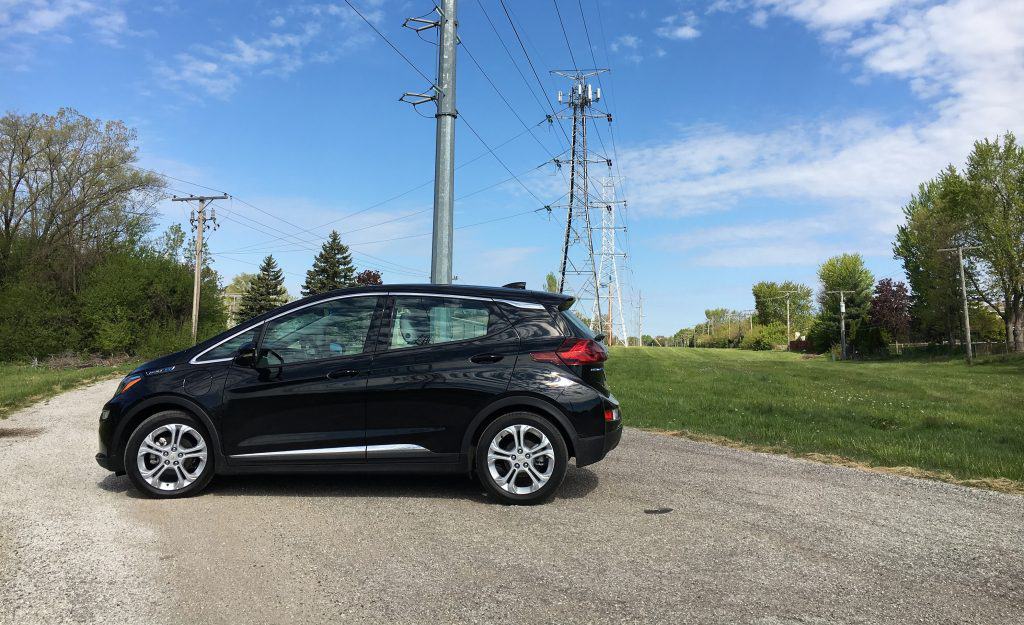
Honda Motor Co., Ltd. and Panasonic Corporation today announced plans to conduct a research experiment in Indonesia on battery sharing using the Honda Mobile Power Pack (“Mobile Power Pack”) detachable mobile battery with electric mobility products, including electric motorcycles powered by the Mobile Power Pack. The two companies are planning to begin the research experiment in December 2018. This research experiment will be conducted as one of the projects subsidized by Japan’s New Energy and Industrial Technology Development Organization (NEDO)*1 under the theme of a “research experiment of mobile battery sharing as distributed energy resources.”
As the third largest motorcycle market in the world, Indonesia is facing an issue with air pollution associated with the increase in traffic volume. To address this issue, the Indonesian government has announced a policy to facilitate the widespread use of electric mobility products.
While being environmentally-responsible, electric mobility products still have some issues that need to be addressed, including range and charging time. The Mobile Power Pack and mobility products powered by it are expected to solve such issues and provide a boost to the widespread use of electric mobility products.
For this research experiment, the two companies will install charging stations at several dozen locations, which will charge multiple units of the Mobile Power Pack simultaneously and supply fully-charged Mobile Power Packs to users at any time. Users of electric mobility products who experience a low battery level can stop at the nearest charging station and exchange their Mobile Power Pack for a fully-charged one and get back on the road.
In order to fulfill requirements to conduct this research experiment, Honda, Panasonic and Pacific Consultants Co., Ltd.*2signed an agreement to establish a joint venture company in Jakarta, Indonesia (Company name: Pt. HPP Energy Indonesia) for the purpose of conducting this research experiment.
Honda sells more than 20 million mobility products (motorcycles and automobiles) a year all around the world and has a solid track record of developing environmentally-responsible electric mobility products. Panasonic has considerable experience in the development of high-efficiency and high-quality batteries for automobiles. The two companies will conduct this research experiment by utilizing the knowledge and know-how each company has amassed to date, as well as the Mobile Power Pack, charging stations and ITC system*3 that will have centralized control over the operational status of the Mobile Power Pack, which were developed jointly by the two companies. Pacific Consultants will be responsible for overall arrangements for the research experiment including on-site surveys and coordination with local companies
